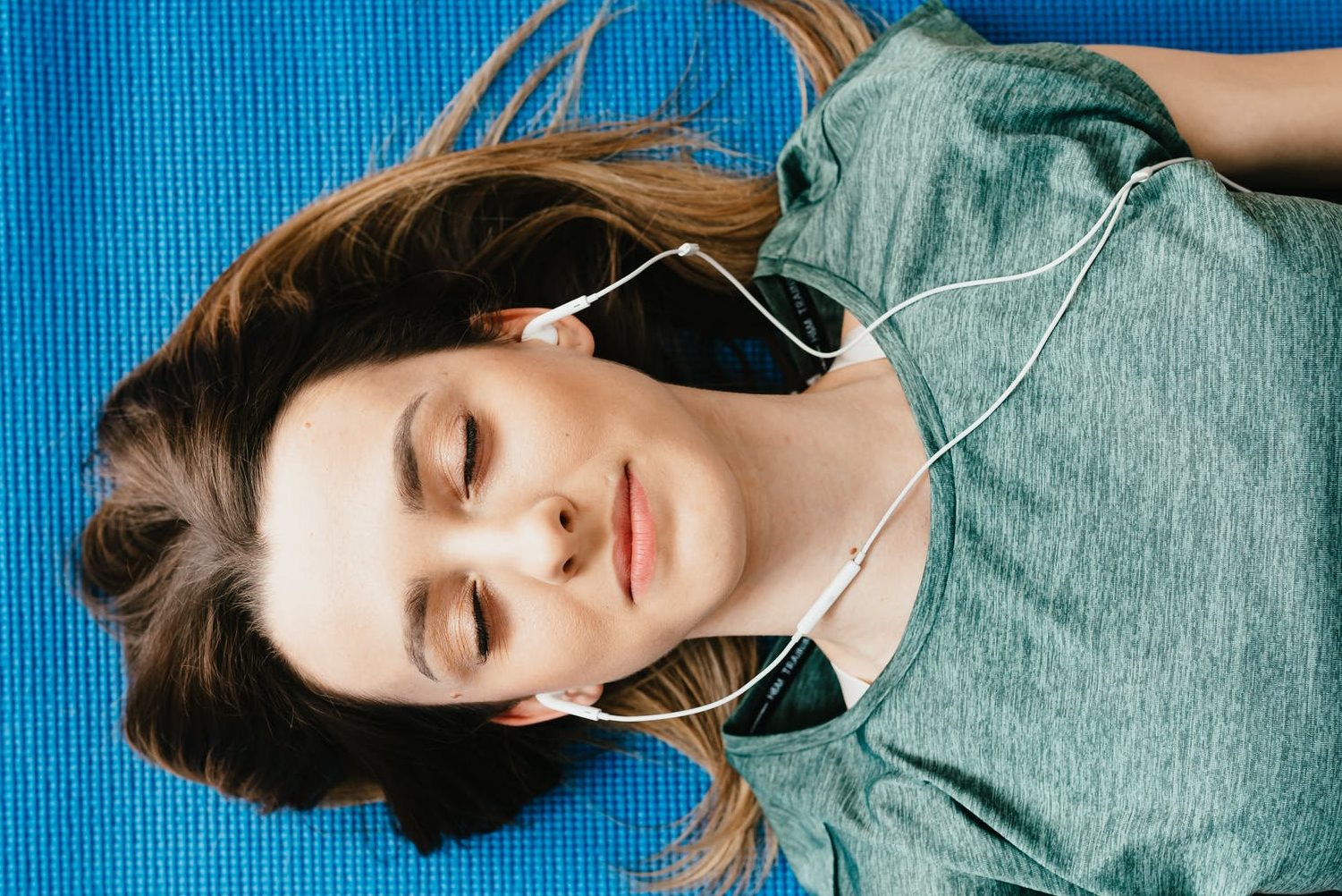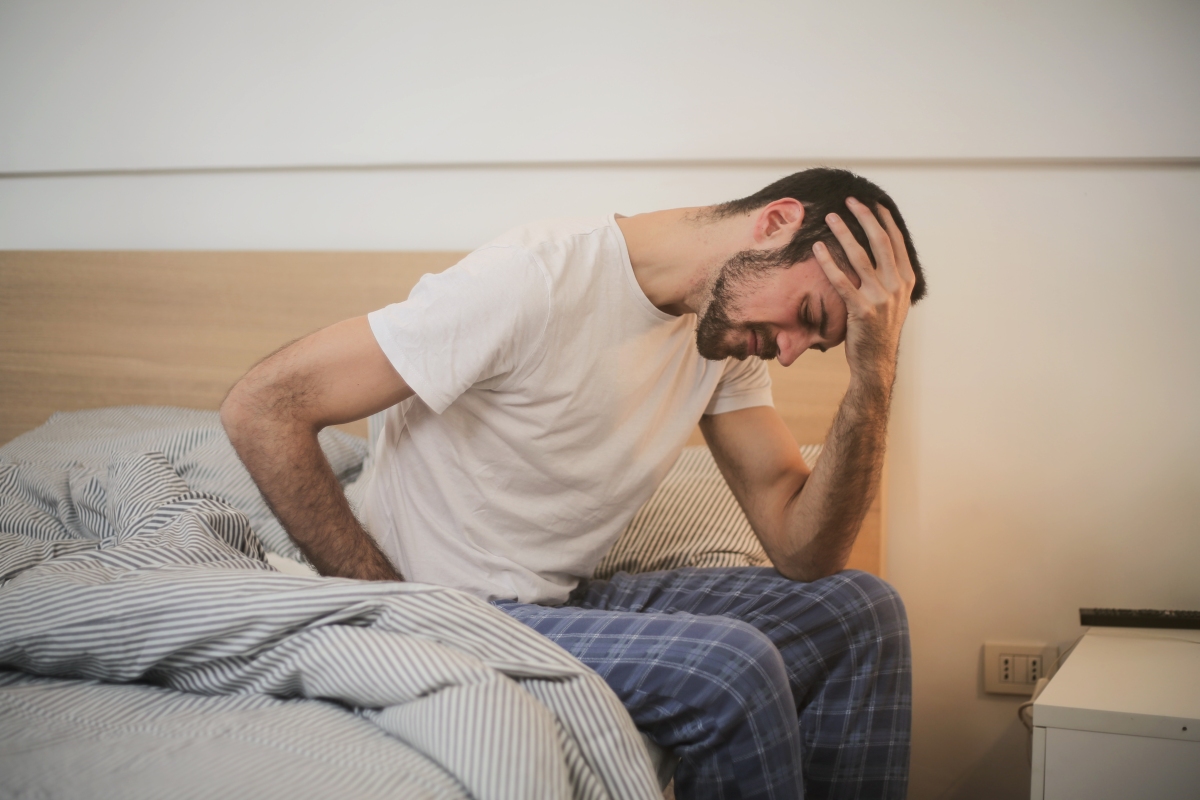If you’re tired of feeling tired, here are some simple tips to help you achieve better sleep
We all have trouble sleeping from time to time, but when restless nights persist, it can become a real problem. Studies have shown that inadequate sleep can have serious effects on our physical, mental, and emotional health, like increasing our propensity for obesity, heart disease, and Type 2 diabetes, as well as making us tired, moody, and unable to concentrate on daily tasks. “Think of your body as a computer,” says Dr. Rhalf Jayson Guanco, a psychologist and faculty member of the psychology department of the Adventist University of the Philippines. “Walking around in a sleep-deprived state is like working on a computer with a fragmented hard drive. You are not getting all the performance from that computer that you could.”
Experts say adults need to sleep between seven to nine hours per stretch so that the body can repair and recharge itself for the next day. And when we are fully rested, we enjoy benefits such as improved memory and concentration, enhanced creativity, better decision-making skills, a more positive mood and mindset, and a healthier immune system.
If you have trouble settling down to sleep, Dr. Guanco shares some tips below that you can follow:
- Maintain a regular sleep-wake schedule, even on the weekends. “Doing so maintains your body’s circadian rhythm (also known as our “inner clock”), which can help you fall asleep and wake up more easily,” says Dr. Guanco.
- Establish a regular, relaxing bedtime routine such as soaking in a hot bath, reading a book, or listening to soothing music. Don’t eat, do moderate to intense exercises, or drink alcohol or caffeine, or smoke three hours before bedtime since these arouse the senses instead of sending you into a relaxed state. “Also avoid doing activities that excite or stress you out, such as working, playing video games, or paying bills,” he adds.

- Create a sleep-conducive environment that is dark, quiet, comfortable and cool. Dr. Guanco advises using blackout curtains to cover your windows, and wearing eye shades or ear plugs.
- Sleep on a firm, comfortable mattress. “The average lifespan for a good quality mattress is about 9 -10 years.,” he points out.
- Use your bedroom only for sleep and sex. “This strengthens the association between your bed and sleep. Take work materials, computers, and the television out of the bedroom,” he shares.
- Exercise regularly (but not too close to bedtime). Even just short bouts of exercise can lead to improvements in total sleep time, sleep quality, and time spent falling asleep. Exercise may also help reduce the symptoms of sleep disorders such as sleep apnea or sleep-related movement disorders. Just make sure to do it at least 3 hours before bedtime.
If you need help fine-tuning your sleep habits, our WellBeing Coaches are available for online sessions 24/7, all year round. Book your slot now at bit.ly/mn-chat or email [email protected].




